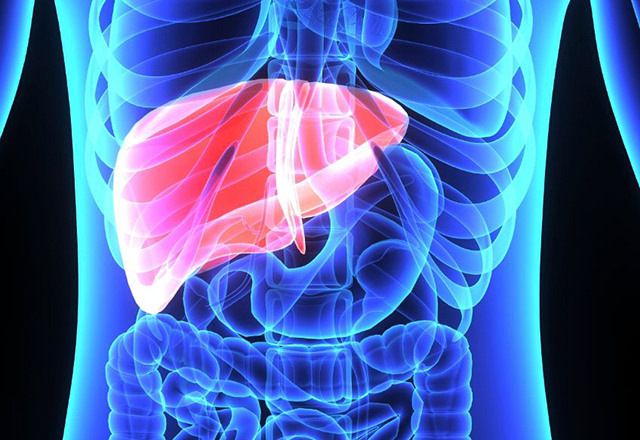CONTRIBUTORS: Lena Kohlmeier,Jeannine von der Born,Elena Lehmann,Kerstin Fröde,Carl Grabitz,Anne-Sophie Greiner,Alexander A Albrecht,Nima Memaran,Rizky I Sugianto,Uwe Tegtbur,Bernhard M W Schmidt,Nele Kanzelmeyer,Anette Melk
Cardiovascular (CV) morbidity after kidney transplantation (KTx) in childhood is of increasing importance. In light of a high prevalence of CV risk factors, protective measures such as physical activity (PA) come into focus. Our aim was to comprehensively assess PA in pediatric KTx recipients and evaluate its impact on CV health. Read the article in Physician’s Weekly.








